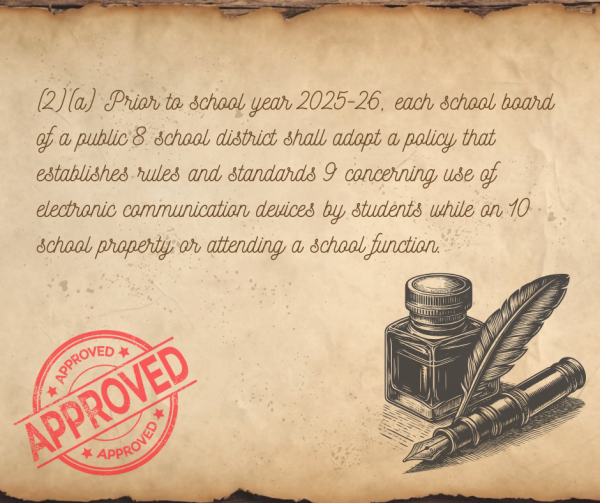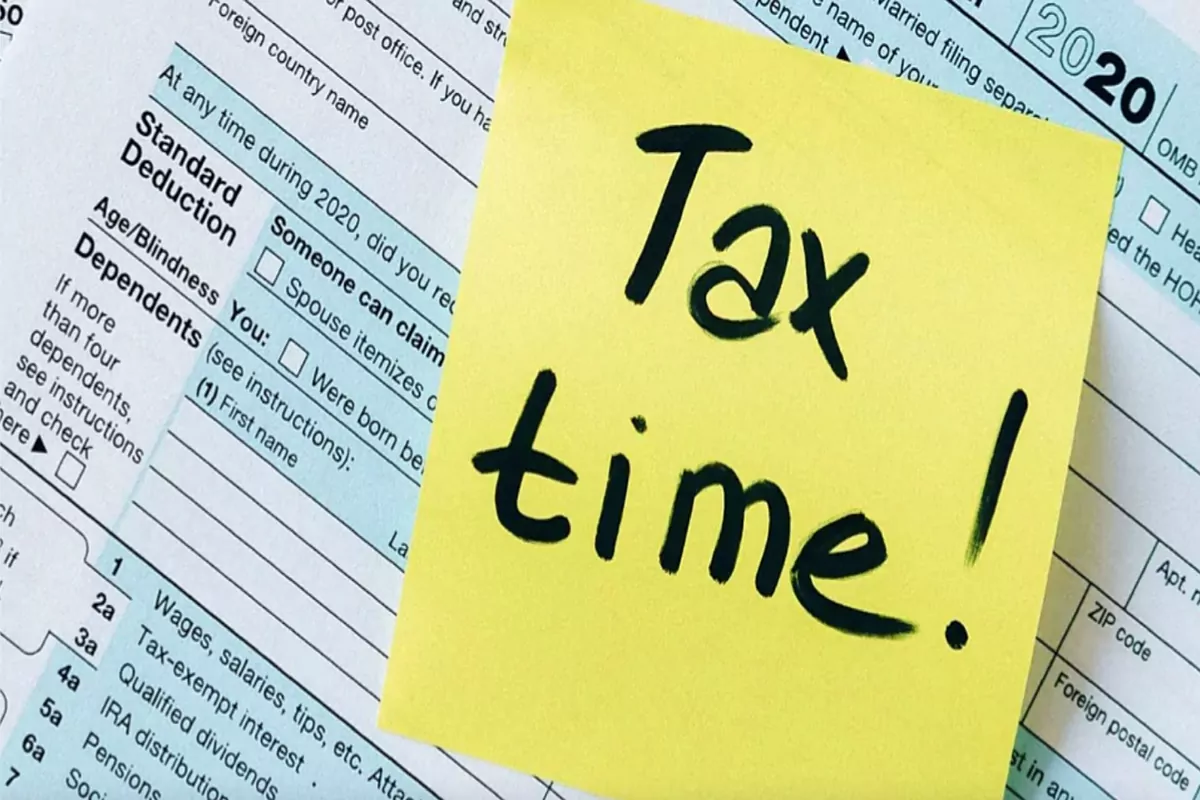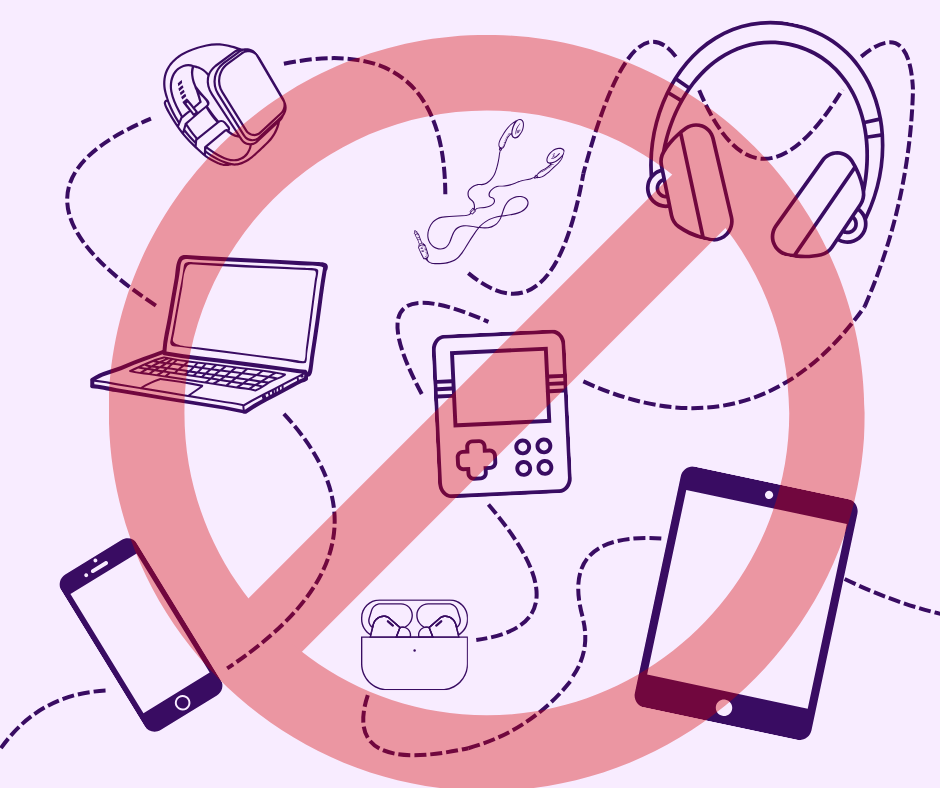This past spring, the Nebraska Legislature passed a law prohibiting the use of electronic devices at school during instructional time. Legislative Bill 140 requires each public school district to adopt a policy establishing standards for student device use at school functions or on school property. Many districts have adopted similar policies in response to the law, though some differences remain.
The Fremont High School student handbook states:
“Electronic devices may not be used during class time except when specifically approved in advance by a school building administrator in conjunction with appropriate and authorized class or school activities or events (i.e., student use of a cell phone to participate in an online quiz; student use of a laptop computer for a class presentation, etc.).”“
According to the law, electronic devices include “any device which transmits by electronic means any writing, sound, visual image, or data of any nature to another electronic communication device. Electronic communication device includes a cell phone.” This definition covers items such as cellphones, tablets, laptops, earbuds, digital watches, headphones, AirPods, video game devices and other battery-powered or electronic instruments that transmit text, voice or data.
Under the Fremont policy, violations result in students turning in devices to a designated area for the rest of class. Teachers record the incident as a minor technology violation. If a student refuses, the incident is documented as a major defiance violation, and an administrator is called. Continued refusal results in parents being notified to either pick up the device or excuse the student to go home.

The Gretna Public Schools handbook outlines a similar policy. Students must place devices in classroom “caddies” at the beginning of class. They may use devices before and after school, during lunch and during passing periods, but not during bathroom breaks. Unlike Fremont, Gretna allows listening devices, such as headphones and AirPods, in one ear when permitted by staff.
Consequences for violating Gretna’s policy escalate with repeated offenses. The first violation results in the device being held in the office until the end of the day. A second violation adds one hour of detention. A third offense adds two hours of detention after school, along with the device being held.
Other schools across the country have also enacted restrictions. In Texas, House Bill 1481 requires all districts to prohibit the use of personal communication devices on school property during the school day. Some schools, such as Lake Highlands High School and Pearce High School, use Yondr pouches — lockable pouches that secure devices during the day. Students carry the pouches but cannot access their devices.
Before entering school, students must power off devices and place them in their Yondr pouch. The pouches remain locked throughout the day. At dismissal, students unlock them at a base station and store the pouch in their backpack. Students are responsible for keeping track of their pouch.
“We had no plans to use the Yondr pouches,” Fremont High School Principal Myron Sikora said. “I’m not saying it’s 100% off the table, but we have not looked into using the Yondr pouches.”

























